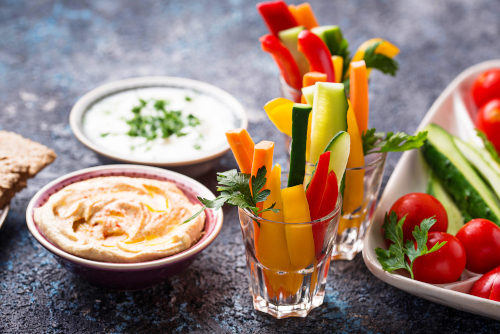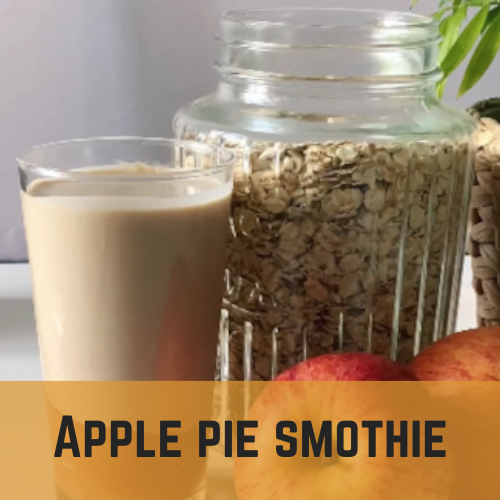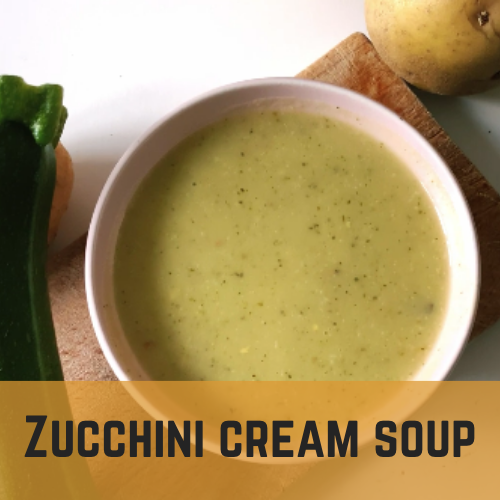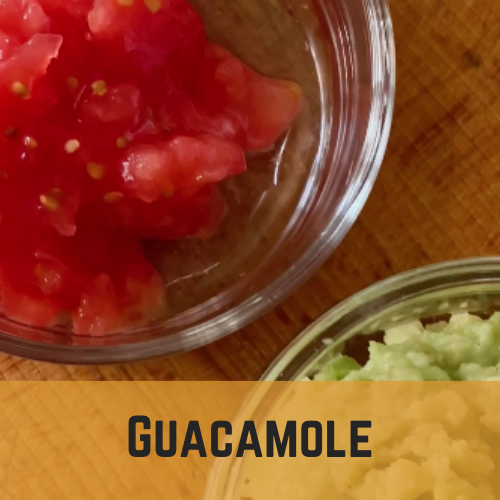Bariatric diet recipes
Bariatric diet before surgery
Bariatric surgery is a life-saving procedure. you will lose weight. Obesity-related comorbidities will improve. You will feel more confident and look better. However, to be successful, you must absolutely change your current diet. It sounds simple, but it’s not. Get ready for the challenges. You’ve spent most of your life building and perpetuating bad eating habits. This is one of the reasons why you are now eligible for bariatric surgery.
The pre-operative bariatric diet is designed to prepare you for elective bariatric surgery and is essential to reduce the size of your liver and the amount of fat surrounding your internal organs and gastric congestion. This is very important for the safety of your procedure. The earlier you start it, the better the results will be.
Bariatric surgery is a life-saving procedure. you will lose weight. Obesity-related comorbidities will improve. You will feel more confident and look better. However, to be successful, you must absolutely change your current diet. It sounds simple, but it’s not. Get ready for the challenges. You’ve spent most of your life building and perpetuating bad eating habits. This is one of the reasons why you are now eligible for bariatric surgery.
The pre-operative bariatric diet is designed to prepare you for elective bariatric surgery and is essential to reduce the size of your liver and the amount of fat surrounding your internal organs and gastric congestion. This is very important for the safety of your procedure. The earlier you start it, the better the results will be.
Before bariatric surgery, it is necessary to follow a calorie-reducing, high-protein diet. The energy value of this diet should be between 1000 and 1500 calories per day.
For the last 5-7 days before the procedure, please stay only on a liquid diet in order to better prepare the stomach and liver for bariatric surgery.
All drinks and liquids should be taken very slowly. Drinks should not be taken with meals, it is recommended to wait at least 30 minutes after each meal before consuming any liquids. Please plan your meals and drinks regularly throughout the day. The time distribution of solid and liquid meals is recommended after surgery, but it is advisable to develop this habit before the planned surgery.
7-14 days before the procedure, the mandatory pre-operative bariatric diet should include:
If you have any questions, ask the KCM Coordinator!
Important:
The bariatric diet requires that patients who are taking anti-diabetic drugs consult their doctor for dose adjustments. Talk to your doctor, it may be necessary to reduce the dose of antidiabetic drugs in parallel with reducing food intake. To avoid hypoglycaemia, check your blood sugar more frequently.
Additional notes before surgery:
Bariatric diet after surgery
Basic principles of diet after bariatric surgery in the first 6 weeks:

Diet from 1 to 4 weeks
Week 1: clear liquids, plain yogurt, protein nutri drinks.
In the first 5 days after surgery, the basis of the diet is clear liquids: water, summer tea without sugar. In addition, natural yoghurt and protein Nutridrinks, and the products described below: Don’t worry, most patients do not feel hungry after the procedure. The part of the stomach responsible for the secretion of the hunger hormone is almost completely removed during the operation. Remember, all products should be sugar-free (or low-sugar) and non-carbonated!
What you can eat:
Avoid:
Week 2: high protein liquid diet, nutri drinks.
In week 2, your diet can include all of the products from week 1 plus:
Week 3: soft, blended products.
3 weeks after stomach surgery is difficult. But the good news is that your bariatric diet will be enriched with some “real” food. Nevertheless, the food must still be eaten in a soft or mashed form. You still need to be careful to limit sugar, fat, and salt. Goals for Week 3 include: Eat 60 grams of protein daily (e.g. 150g cottage cheese + 1 cup skim milk + 100g fresh fish + 1 Nutridrink) Eat slowly, chew food thoroughly Introduce new foods one at a time and carefully.
Dishes may taste different and will be tolerated differently than before the procedure. Give your body some time to react to any new food. This will help you identify foods you can tolerate that are causing stomach irritation or diarrhea or gas.
The following foods are usually accepted in the 3rd week after surgery:
Avoid:
Week 4: we expand the diet and introduce new foods.
The first three weeks of the diet are behind you. Now it’s time to start introducing new foods. Your stomach is still sensitive, so still be careful, introduce foods slowly and remember to chew each bite thoroughly. You no longer need to blend food, but you should still choose soft foods.
Avoid:
Healthy snacks
It is recommended to eat 5 small meals a day (3 main and 2 small snacks) and to stay hydrated between meals.
We propose:

Week 5 and beyond – cautious introduction of new foods
Continue to introduce new foods one at a time as described to see if they are well tolerated. Remember to eat the bites very slowly and carefully to avoid stomach discomfort or vomiting. Watch out for constipation, diarrhea and indigestion.
8 tips for healthy eating after bariatric surgery
- Eat appropriate, nutrient-rich foods (e.g. apple, banana, fish). Avoid processed canned foods or ready meals.
- Don’t “drink” calories. You won’t be full after this. Avoid sugary drinks.
- Expect an emotional rollercoaster. But do not let food be your consolation and always prepare your diet plan for each day.
- Chew your food thoroughly and never rush while eating.
- Always control your portions. Plan what you’re going to buy when you go out and ask for half a portion at a restaurant. You can get a discount and you won’t feel like overeating.
- Make water your new best friend. Drink regularly throughout the day. Make sure you drink a whole bottle of still mineral water every day, but remember not to drink it with meals (this will prevent your stomach from distending).
- Get plenty of exercise, introduce new types of activities.
- Join our support group and make friends with other patients who can help you in difficult times. FB: KCM Clinic – Surgical Treatment of Obesity.
Contact the coordinator
+48 75 645 2011
WhatsApp
+48 535 098 999
Leave us a message
weightloss@kcmclinic.com
Send Request
Register
Visits, hospital procedures
Bariatric Surgery Center
Plastic Surgery Center
Spine Surgery Center
Dental Clinic
OMEGA Imaging Diagnostic Center
Work hours
KCM Clinic Wrocław
Chat KCM Clinic
Locations
KCM Clinic Jelenia Góra
KCM Clinic Wrocław
Parking











